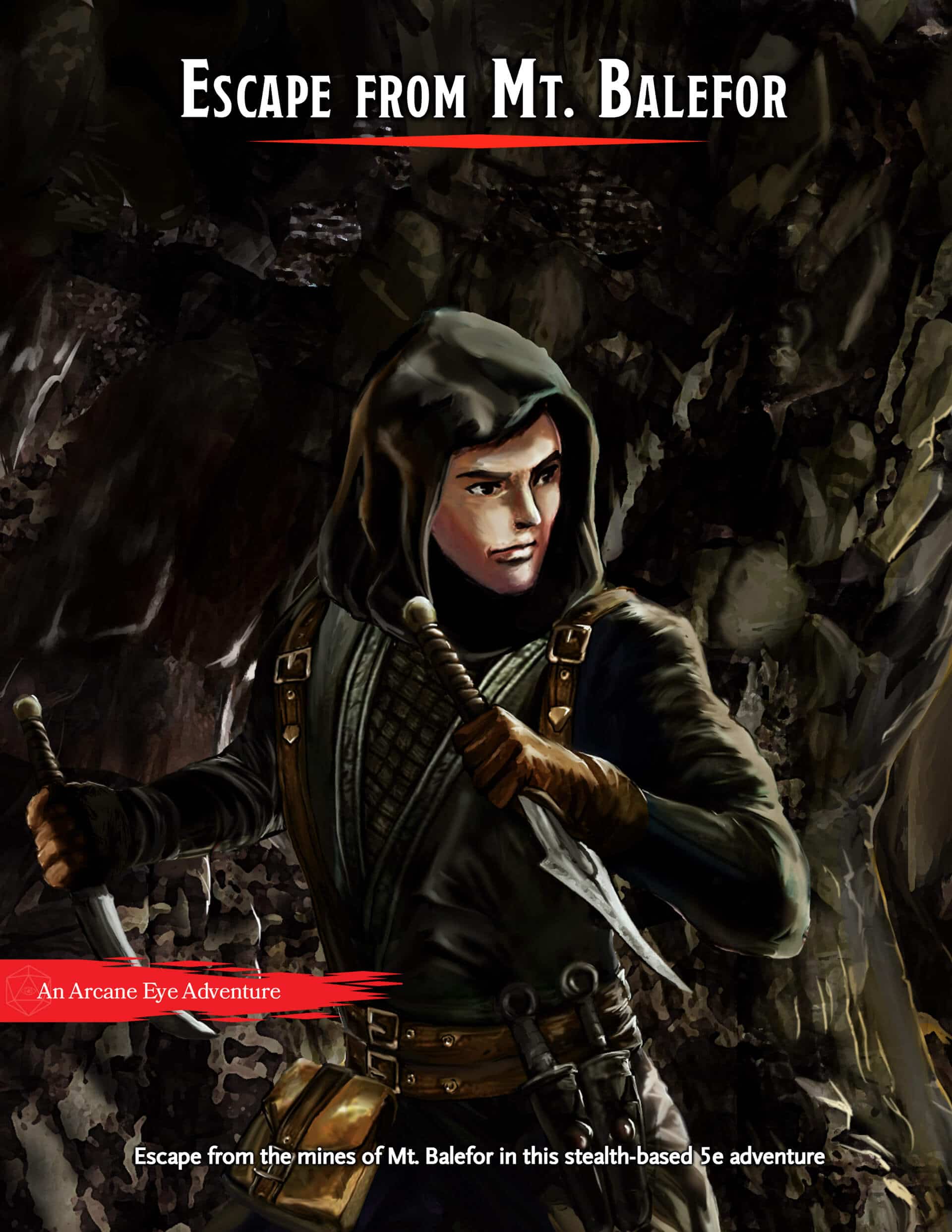Variant Guide 5e
Published on April 26, 2022, Last modified on May 16th, 2022
What is this guide?
This guide is meant to give you an idea of whether or not the variant will be right for your 5e character build.
The color code below has been implemented to help you identify, at a glance, how good that option will be for your variant. This color coding isn’t a hard and fast rule; there are plenty of sub-optimized options out there that will be viable to your party and will be fun to play.
- Black is a trait shared by many races and or will not impact the effectiveness of your character build
- Red isn’t going to contribute to the effectiveness of your character build at all
- Orange Situationally good, but a below-average option otherwise
- Green is a good option
- Blue is a great option, you should strongly consider this option for your character
- Sky Blue is an amazing option. If you do not take this option your character would not be optimized
Tasha's Cauldron of Everything Update
Tasha's Cauldron of Everything has added the "Customizing Your Origin" option that may affect the ability score increases, languages, and proficiencies in this guide. To read more about this, visit our D&D Race Guide.
Many believe that the variant human is the best race in all of D&D 5e, and we tend to agree. Variant humans get ultimate flexibility in their ability score increases, a free skill proficiency, and a feat at 1st level. This makes them one of, if not the best option for nearly every build because they are completely customizable.
Ability Score Increase: Most races get three total ability score increases, but the variant human only gets two. The upside here is that you may assign them however you like, as long as they are two different ability scores. This means that every class will be able to choose the best ability scores for their purposes.
Skills: Typically, racial features that give you a choice of a skill proficiencies let you choose from a short list. The variant human lets you pick any skill you want, ensuring that the skill is never wasted because you can choose a skill that your character will actually be able to use effectively.
Feat: Getting a free feat at 1st level is very powerful and is unique to the variant human. Certain builds require one or more feats to work, so getting it early and not having to sacrifice an ASI on a level up helps tremendously. Even builds that don’t necessarily need a feat will always find something interesting to complement the character.
What are Variant in 5e?
Source: Player's Handbook
Sources Used in This Guide
- BR: Basic Rules
- GotG: Bigby Presents: Glory of the Giants
- SotDQ: Dragonlance: Shadow of the Dragon Queen
- ERLW: Eberron: Rising from the Last War
- EEPC: Elemental Evil Player’s Companion
- EGtW: Explorer’s Guide to Wildemount
- FToD: Fizban's Treasury of Dragon
- GGtR: Guildmasters' Guide to Ravnica
- MotM: Monsters of the Multiverse
- MToF: Mordenkainen’s Tome of Foes
- MOoT: Mythic Odyessys of Theros
- PAitM: Planescape: Adventures in the Multiverse
- PHB: Player's Handbook
- SAiS: Spelljammer: Adventures in Space
- SCoC: Strixhaven: A Curriculum of Chaos
- SCAG: Sword Coast Adventurer’s Guide
- TCoE: Tasha’s Cauldron of Everything
- TTP: The Tortle Package
- WBtW: The Wild Beyond The Witchlight
- VRGtR: Van Richten's Guide to Ravenloft
- VGtM: Volo's Guide to Monsters
- XGtE: Xanathar’s Guide to Everything
